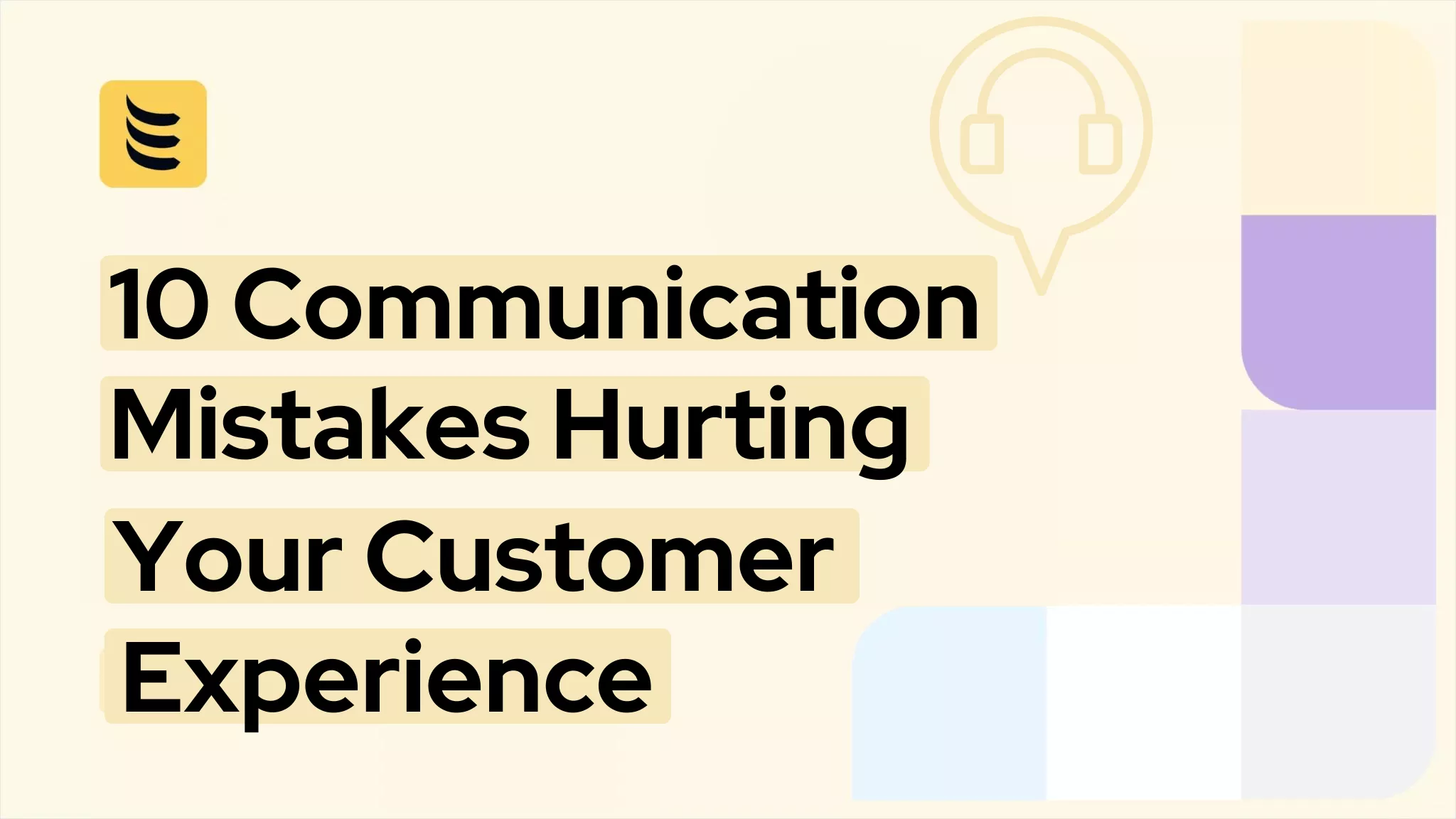VoIP is already the de facto standard for business telephony, but many still have concerns about service quality. While these concerns are largely based upon experiences of much earlier applications of IP telephony, it is entirely reasonable for a business to be hesitant to replace a business-critical system with one it has concerns about.
That said, most remaining VoIP horror stories are myths: call quality is equal or better than landline quality, due in no small part to the far newer IP infrastructure throughout most of the world. Reliability is incredibly high, and costs are low.
This leaves one main concern, then: is there anywhere not covered by VoIP?
Can You Call Anywhere with VoIP?
While mobile phones are hardly a new technology, there are ‘dead’ spots all over the world. Even larger developed countries including Canada have huge areas with little or no mobile coverage. If a business is going to adopt a new phone service, it needs to be certain that it will cover everywhere. So, can you call anywhere with VoIP?
The answer is: yes, you can call anywhere with a VoIP system. Voice termination providers such as IDT work with other network owners and providers to enable end to end termination regardless as to the type of network the call originates on, or terminates on: VoIP services can call and be called by any mobile, landline, or IP phone system worldwide.
IP phones also use the data infrastructure which, being much newer, has far more bandwidth available. As a result, carriage is far less expensive than carriage over traditional landlines. Even if the call terminates at a landline number, a VoIP provider can route the call over the data networks for as much of the distance as possible, leaving you paying a fee which is far closer to a local call tariff for your international call.
Where Is VoIP Available?
The other side of the coin is: where is VoIP available? The answer is a little more complicated, but it boils down to ‘almost everywhere.’
VoIP calls do not consume a huge amount of bandwidth, but they do require a fairly stable data connection to use. This means that in some rural areas, there may not be enough mobile data capacity to carry VoIP calls reliably. This also means that businesses located in more remote areas may have difficulty establishing data connections with sufficient bandwidth to handle even modest volumes of VoIP calls.
Essentially, VoIP systems can be accessed anywhere where suitable data connections exist. In fact, if you have a business VoIP system, you can access that system and make a call as though you were sitting at your desk from anywhere in the world.
VoIP systems aren’t perfect; outages occur, just as with any other system in existence. With the extremely high-quality data connections available, combined with all of the other benefits VoIP can bring to a business, there really are no good reasons to delay using VoIP for business telephony at this point. Most remaining concerns are, essentially, no longer valid.




